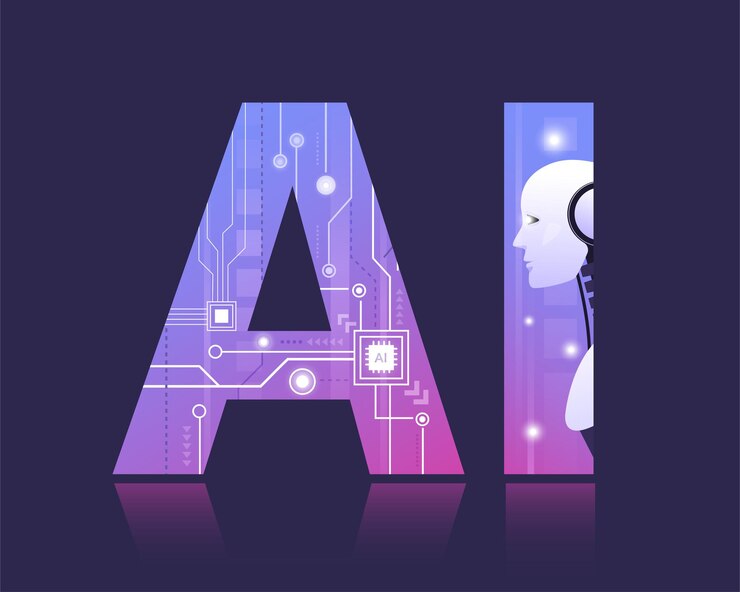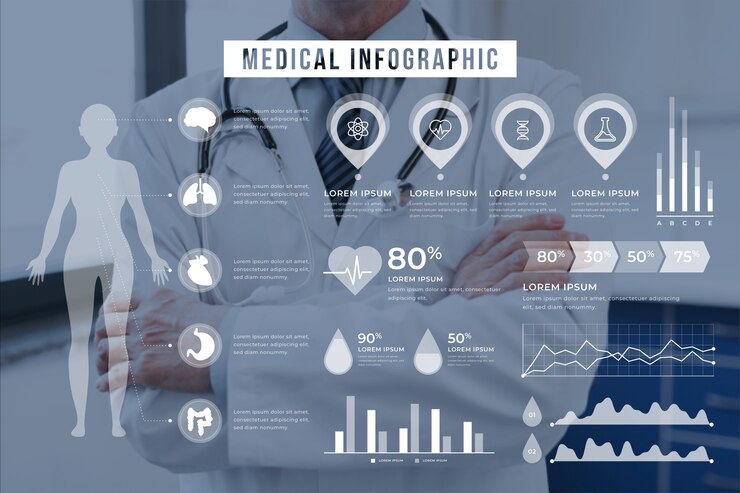Artificial Intelligence (AI) continues to revolutionize industries, reshape economies, and redefine what’s possible in the realm of technology AI Advancements, With each passing year, breakthroughs in AI research propel us closer to realizing the potential of intelligent machines. In this article, we’ll explore some of the most groundbreaking advancements in AI, highlighting their implications across various sectors and the broader implications for society.
- Transformative Breakthroughs in Deep Learning: Deep learning, a subset of AI, has seen remarkable progress, particularly in the field of natural language processing (NLP) and computer vision. Recent advancements in transformer models, exemplified by models like GPT (Generative Pre-trained Transformer) series, BERT, and T5, have achieved human-like capabilities in tasks such as text generation, language translation, and question answering. These advancements have significant implications for diverse applications, from improving virtual assistants and chatbots to facilitating multilingual communication and accelerating content creation.
- Advancements in Reinforcement Learning: Reinforcement learning (RL), a paradigm of machine learning where agents learn to make decisions through trial and error, has seen substantial progress. Algorithms like Deep Q-Networks (DQN) and Proximal Policy Optimization (PPO) have enabled machines to achieve superhuman performance in complex games like Go, Dota 2, and StarCraft II. Beyond gaming, RL holds promise for optimizing resource allocation, autonomous vehicles, robotics, and personalized recommendation systems.
- AI in Healthcare: Improving Diagnosis and Treatment: AI is revolutionizing healthcare by enhancing diagnostic accuracy, personalized treatment, and drug discovery. Machine learning algorithms trained on vast datasets can detect patterns in medical images, aiding in early disease detection. Additionally, AI-powered predictive analytics models can forecast patient outcomes, optimize hospital workflows, and assist clinicians in decision-making, ultimately improving patient care and reducing healthcare costs.
- Ethical Considerations and Responsible AI: As AI technologies become increasingly pervasive, addressing ethical concerns and ensuring responsible AI deployment is paramount. Issues such as bias in AI algorithms, data privacy, and algorithmic accountability require careful consideration. Collaborative efforts between researchers, policymakers, and industry stakeholders are essential to establish ethical guidelines, foster transparency, and mitigate potential risks associated with AI technologies.
- AI for Climate Change Mitigation and Environmental Sustainability: AI holds immense potential to address pressing environmental challenges, including climate change, biodiversity loss, and natural disaster management. Machine learning algorithms can analyze environmental data, optimize energy consumption, and facilitate sustainable resource management. Furthermore, AI-powered predictive models can enhance climate change modeling, enabling policymakers to develop evidence-based mitigation strategies and adapt to the changing climate effectively.
The rapid pace of AI advancements is reshaping industries, revolutionizing healthcare, and addressing pressing global challenges. As we continue to unlock the potential of AI, it’s crucial to prioritize ethical considerations, foster interdisciplinary collaboration, and ensure responsible AI deployment for the benefit of society. By harnessing the transformative power of AI responsibly, we can unlock new possibilities and create a brighter, more sustainable future for all.



